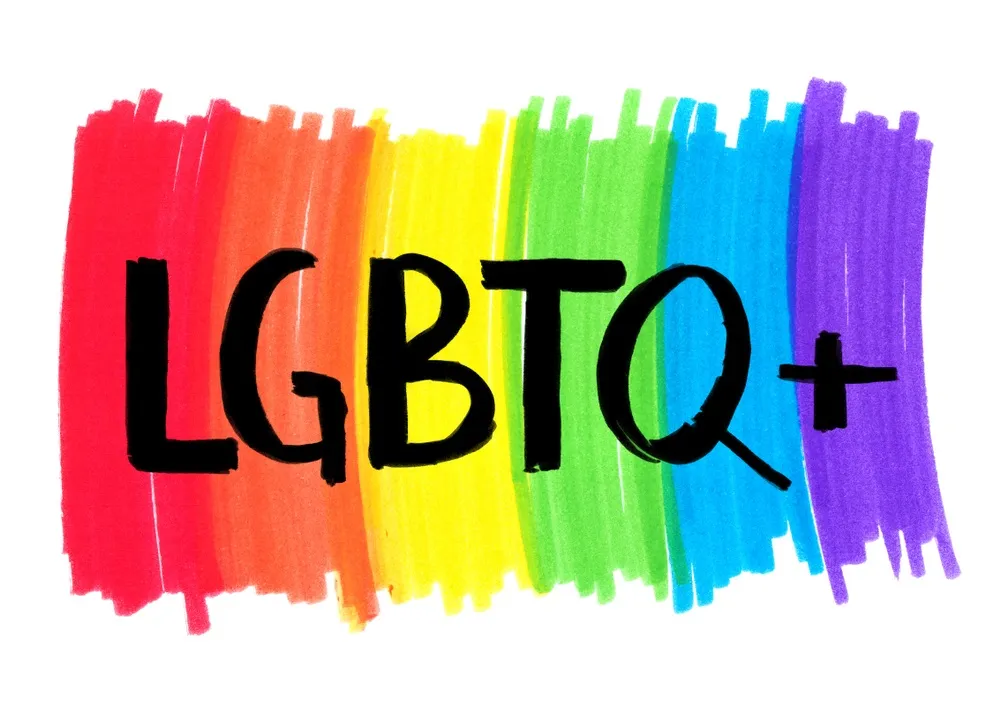LGBTQ+ support groups have become vital components of university life, offering much-needed spaces for students to explore their identities, find community, and advocate for equality. These groups not only support students who identify as LGBTQ+ but also contribute to creating a more inclusive and respectful campus environment.

The Need for LGBTQ+ Support in Higher Education
Navigating university life can be challenging for LGBTQ+ students, who may face additional pressures such as discrimination, internal conflicts, or social isolation. LGBTQ+ support groups aim to alleviate these struggles by offering a range of resources and fostering supportive networks. Key areas of support include:
- Safe Spaces for Identity Exploration: LGBTQ+ groups provide safe, non-judgmental spaces where students can openly discuss and explore their sexual orientation and gender identity. This is crucial in environments where acceptance of diverse identities may not be the norm.
- Mental Health Support: LGBTQ+ students are at greater risk for mental health challenges like anxiety, depression, and stress. Support groups help by offering peer support, facilitating connections to mental health services, and creating an atmosphere of acceptance and understanding.
- Building Community and Reducing Isolation: A strong sense of community is central to these groups. By bringing LGBTQ+ students together, these groups create spaces where students can build friendships and form support networks, reducing the isolation that many may feel.
- Advocacy for LGBTQ+ Rights: LGBTQ+ groups often serve as advocates for changes on campus, pushing for policies like gender-neutral restrooms, inclusive housing, and broader anti-discrimination measures. Their advocacy efforts help ensure that universities are safer and more inclusive for everyone.
- Educational Outreach and Awareness: Beyond offering support, LGBTQ+ groups educate the campus community about LGBTQ+ issues. Through workshops, panel discussions, and events, they promote greater understanding and allyship, helping to create a more inclusive campus culture.
Structure and Activities of LGBTQ+ Support Groups
LGBTQ+ support groups typically have a student-led structure, with a variety of events and activities aimed at building community, offering support, and driving advocacy efforts. Common elements of these groups include:
- Student Leadership: LGBTQ+ support groups are usually student-led, with leadership teams managing meetings, organizing events, and coordinating with campus offices for diversity and inclusion. These leaders also advocate for LGBTQ+ issues within the university administration.
- Regular Support Meetings: Weekly or biweekly meetings are the heart of most LGBTQ+ groups. These gatherings provide a confidential and welcoming space where students can share their experiences, offer support to one another, and discuss topics like coming out, identity struggles, and relationships.
- Social Events: LGBTQ+ groups often organize social events to help foster connections among members. Movie nights, mixers, or casual get-togethers create opportunities for LGBTQ+ students to meet and bond in a relaxed, welcoming environment.
- Collaborative Initiatives: Many LGBTQ+ groups collaborate with other campus organizations, such as cultural centers, women’s groups, or mental health services, to broaden their reach and address the intersecting identities and experiences of their members.
Positive Impact on Campus Life
The presence of LGBTQ+ support groups benefits not only LGBTQ+ students but also the wider campus community. By promoting inclusivity and respect for diversity, these groups have a lasting impact on university culture. Some of the broader benefits include:
- Fostering a More Inclusive Campus: LGBTQ+ groups help shape university policies and practices that support inclusivity. Whether advocating for gender-inclusive restrooms or spearheading LGBTQ+ awareness campaigns, they play a key role in creating a more welcoming environment for all students.
- Combating Discrimination: LGBTQ+ groups often take the lead in challenging homophobia, transphobia, and other forms of discrimination. By organizing awareness campaigns, educational programs, and outreach efforts, they push the university community to confront and address bias and discrimination.
- Enhancing Mental Health and Wellbeing: A supportive, inclusive campus environment has a direct positive effect on the mental health of LGBTQ+ students. When students feel accepted and valued, they are better able to thrive both academically and personally.
Challenges Facing LGBTQ+ Support Groups
While LGBTQ+ support groups provide crucial services, they often encounter significant challenges that can hinder their efforts:
- Limited Funding and Resources: Many LGBTQ+ groups operate with minimal budgets, limiting their ability to host events, provide resources, or expand outreach efforts. Securing financial and institutional support is crucial for sustaining these groups and allowing them to grow.
- Resistance and Pushback: In some cases, LGBTQ+ groups face opposition from parts of the student body, faculty, or local community. This resistance can create a challenging environment for advocacy efforts and hinder progress in achieving inclusive policies.
- Balancing Support and Activism: LGBTQ+ groups often juggle two main roles: providing emotional support for their members and pushing for institutional changes. Balancing these responsibilities, particularly with limited resources, can be difficult and may require careful prioritization.
The Future of LGBTQ+ Support Groups
As universities continue to prioritize diversity, equity, and inclusion, the role of LGBTQ+ support groups is becoming increasingly important. These groups will likely continue to grow, both in size and influence, as they remain central to fostering a culture of respect, acceptance, and understanding on campus.
To support this growth, universities need to invest in these groups by providing funding, offering institutional support, and integrating LGBTQ+ issues into broader diversity initiatives. With the right backing, LGBTQ+ groups will continue to empower students, shape more inclusive policies, and advocate for the rights of all marginalized groups.
Conclusion
LGBTQ+ support groups are crucial to the wellbeing and success of LGBTQ+ students in universities. By offering safe spaces, emotional support, community building, and avenues for advocacy, these groups help ensure that LGBTQ+ students feel seen, valued, and empowered. As universities increasingly recognize the importance of inclusivity, LGBTQ+ support groups will continue to be essential in creating campuses where all students can thrive.